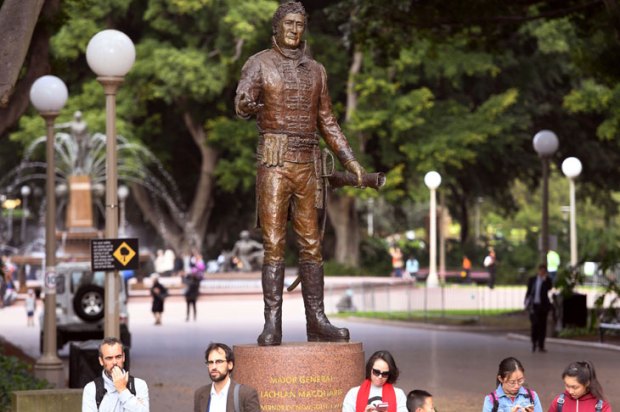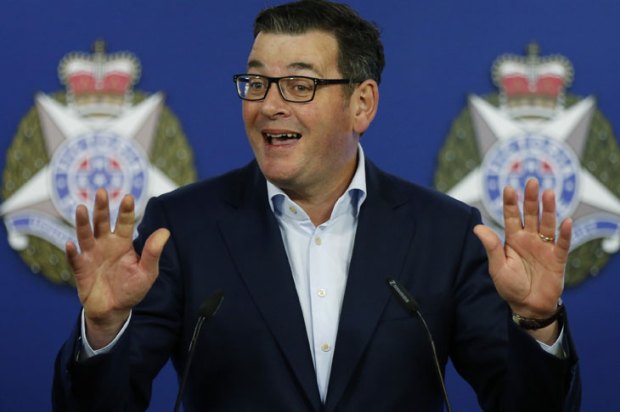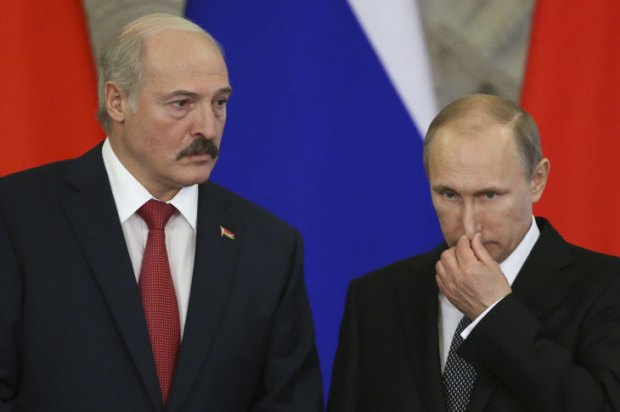Hate gets a bad rap these days. Children are taught that they mustn’t hate each other, divorcees are counselled not to hate ex-spouses, and the victims of crime and oppression are encouraged to forgo the hot broth of justice and revenge in favour of the syrup of healing and reconciliation. Hatred is portrayed as an evil in and of itself, and hating someone for what they have done or said is often seen as no less a moral failing than the offending action or statement. But much as we disapprove of hate we still need to refer to it from time to time, not least because ‘hate speech’ is a convenient silo for so many other words and phrases deemed too, um, hateful for public utterance; the ‘n’ word being the one which comes perhaps most readily to mind, if not mouth. It’s no point memorising all the taboo terminology, though, because hate speech includes any statement which reveals the speaker to hold even mildly negative views about someone belonging to a minority demographic. Moreover, because the people who coined the phrase also decided that hatred is in the ear of the be-hearer, rather than something which can be adjudged against objective criteria, what you say doesn’t have to be a reference to someone else’s biology, belief or appearance to qualify. Thus, if a traffic warden of Sudanese extraction reports that I called her ‘an officious arsehole’ for giving me a ticket for exceeding my metre time by 30 seconds, paying the fine will be the least of my problems, especially if I live in Victoria. Conversely, and fortunately, nothing that anyone can say about an unoppressed majority demographic – overweight male Caucasians, for example – can ever be deemed hate speech in Australia. Thus, if I call my local police station to report that somebody has chalked ‘FAT POMMY BASTARD’ on my front door the officer taking the call will be more likely to say ‘And your point, sir?’ than rush to my defence. As a fat, pommy, tax-paying bastard I find that reassuring.
Given its catalytic role in many of the big-ticket conflicts of the present era, it’s not surprising that hatred is seen as an overwhelmingly divisive and unproductive emotion. The current violence in Syria and Iraq, for example, is just the most recent articulation of an ancient and mutual antipathy between Sunni and Shia Muslims. The 2001 attack on the Twin Towers was motivated, we are assured, by fundamental Islamist hatred of modern Western values. A decade earlier, the break-up of Yugoslavia revived an equally ancient and obscure enmity between Serbians and Croatians, with even bloodier results. And the front pages of the first newspapers I read growing up in England were dominated by sectarian violence in Northern Ireland – another prolonged and brutal conflict which seemed all the more insoluble because it was fuelled more by historical hatred than contemporary socio-economic inequality.
But you don’t have to go much further back than that to find instances of hatred bringing people together rather than dividing them, and of it helping to end rather than perpetuate suffering and injustice. South Africa was by no means the only Western country where racial discrimination was commonplace in the 1970s (we live in one of the others). But it was the only Western country where racial discrimination had the imprimatur of government, and it was a collective hatred of that which tipped passive, international disapproval into active, decisive opposition. When Edmund Burke said ‘All it takes for evil to thrive is for good men to do nothing’ he was talking about the revolution which had recently occurred in France. But it’s easy to imagine Winston Churchill repeating those words to the British parliament in a speech about National Socialism, or William Wilberforce saying them in the same chamber two hundred years earlier in a speech about the slave trade. Those men knew that hatred can not only be righteous, but also a powerful resource. Liberal pollies of a bed-wetting disposition might do well to remember that next time they are asked to comment on, say, the myopic bias of our national broadcaster, or the subjugation of women in our Muslim communities. As for the rest of us, we shouldn’t be so eager to abandon our hates. After all, we used to keep them as pets.
Got something to add? Join the discussion and comment below.
Get 10 issues for just $10
Subscribe to The Spectator Australia today for the next 10 magazine issues, plus full online access, for just $10.
You might disagree with half of it, but you’ll enjoy reading all of it. Try your first month for free, then just $2 a week for the remainder of your first year.














Comments
Don't miss out
Join the conversation with other Spectator Australia readers. Subscribe to leave a comment.
SUBSCRIBEAlready a subscriber? Log in